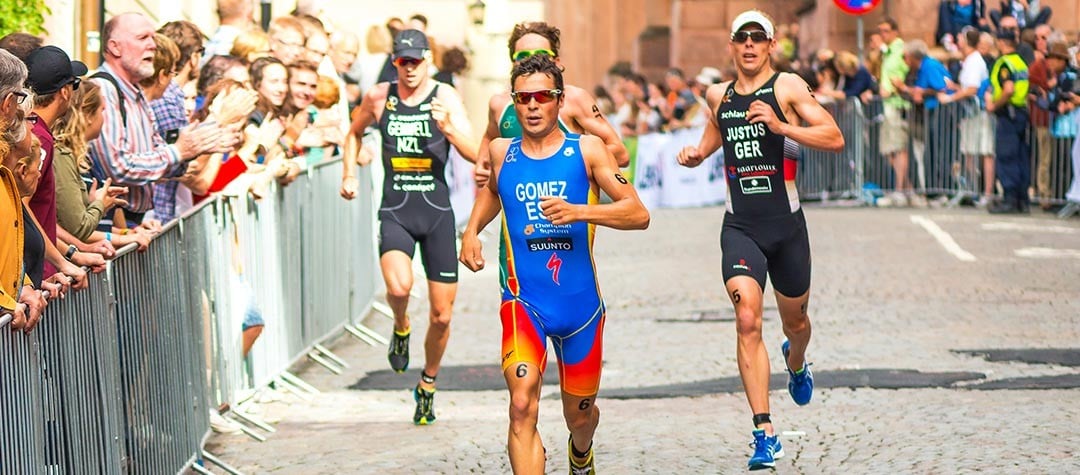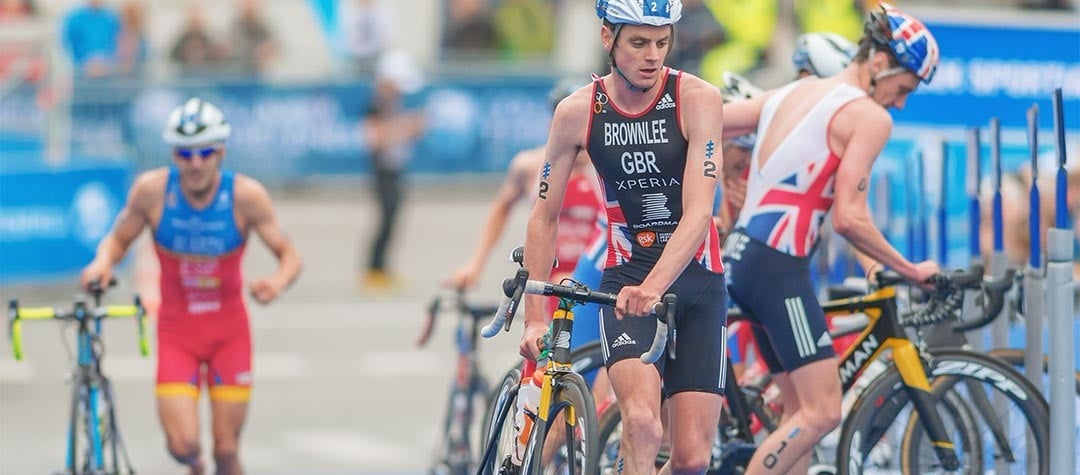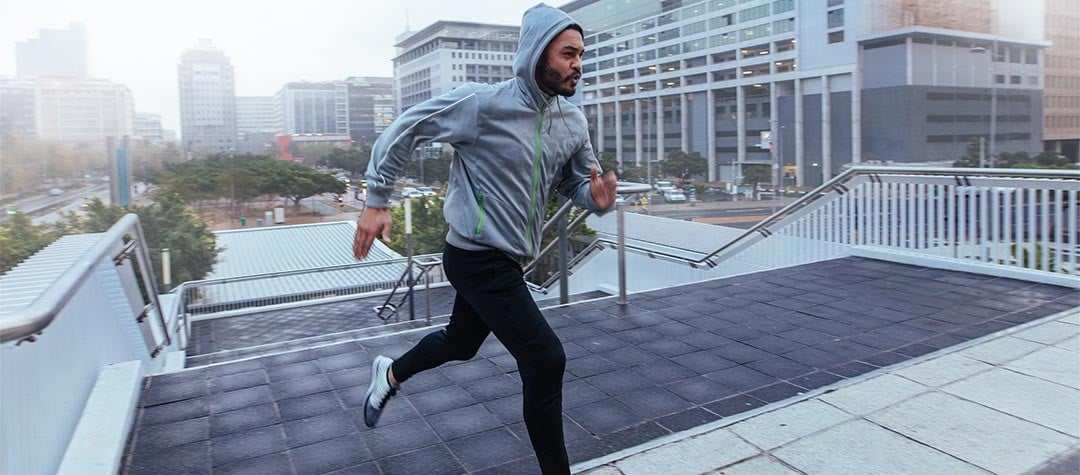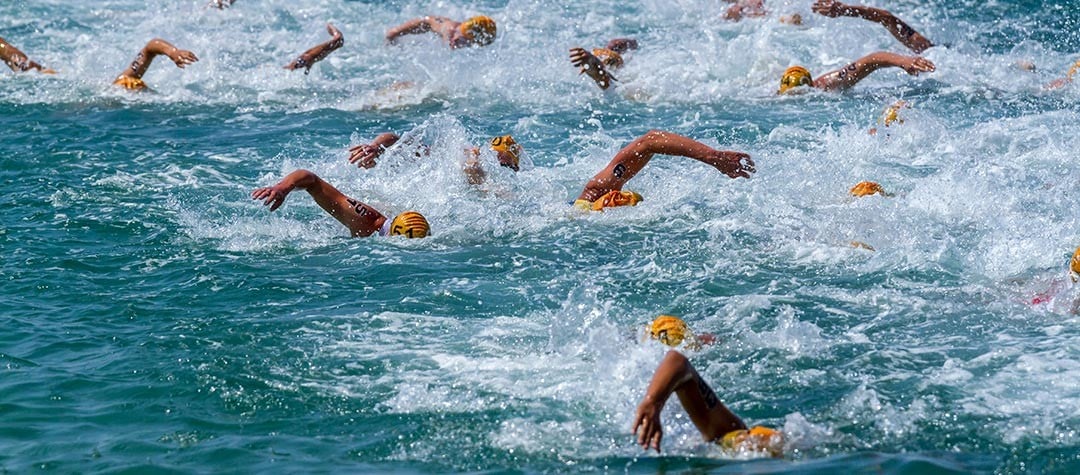Avoid burning out and exhaustion as a triathlete by following these handy tips to recognise when you're overtraining.
Listening to your body is one of the most important principles of triathlon training. Going out and training hard by putting in big miles every day is not that hard to do, but it's noticing what’s making you better and what is making you weaker that is important. That’s why overtraining can certainly be your downfall in endurance sport.
Fitting in time
I certainly need to watch out that I'm not doing too much training. I'm pretty conditioned by now after doing endurance sport almost my whole life and it's actually quite hard for me to have the motivation to put in the 35 hours a week, week in week out that's needed to overtrain. For me the most important thing is to have an eye on the whole picture. However I’m pretty sure that most of my readers will be amateur athletes with full time jobs.
You maybe can only put in 15 hours of training a week, but you will also have worked 9-5 every day and who knows, perhaps you may have felt a little bit of a cold starting at the beginning of the week. All these things can add up and start contributing to overtraining. I used to sit back and get on with my training programme when it arrived from my coach, no matter how I felt. But now I'm a much more experienced athlete and I take a look at where my body is at before I get too stuck into the work. That way I know whatever I'm taking from my body, I'm ready for it.
Reading your body
There will be many signs from your body that will help you pick up on overtraining. Luckily our bodies are quite good at telling us there’s a problem , but then it's up to us to listen and do something about it!
"Even though you think you're training a lot, you're actually losing leanness and putting on weight"
In my experience the most obvious signs are that you'll start feeling very hungry and even though you think you're training a lot, you're actually losing leanness and putting on weight. You might become very moody even when it's completely unjustified and you'll lose motivation to train, finding it hard to get out the door. Finally you'll start to feel lethargic and you'll regularly fail to hit the same numbers in training as you normally do.
How to train
If you're training intensively every day then it's likely that you'll start over-doing it. Intensive high quality training should be followed the next day by rest and easy aerobic training. If you're very well conditioned you'll be able to handle long aerobic training miles.
Overtraining will lead you feeling sore for prolonged periods of time and while it's normal to get delayed onset muscle soreness, it's not right to have that soreness in the body for too long. If you feel like you've been training hard for a long period of time with no real improvements and no light at the end of the tunnel, then you probably have your training wrong.
Overtraining will lead you feeling sore for prolonged periods of time...
Proper monitoring of the body seems to be underrated by athletes. If you feel out of sorts or too tired, go to a doctor and get your blood tested and analysed by someone who know what they're talking about. This will certainly show up any underlying issues that you may have which might be causing you to underperform.
Another easy way to check is your heart rate first thing in the morning. If it's 10-15% higher than usual then that's a sign that maybe it's a good idea to spend more of the weekend on the sofa!
The key principle of training is to overload and then recover. You will always have periods where you're hanging for a rest and sessions where you were not able to perform.
The feeling of real tiredness in my eyes should not last longer than a week. In that time you should have taken a prescribed recovery day to adapt and come back stronger.
I think if you follow my advice you should always be free from overtraining. Remember that recovery is not an excuse. It's not who can train the hardest but it's the smartest athlete that always wins!














